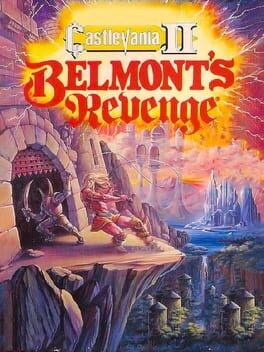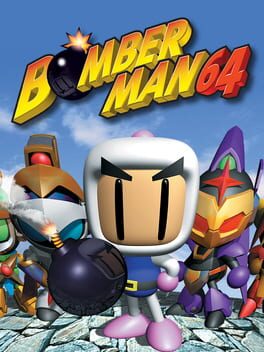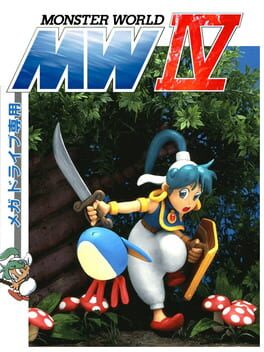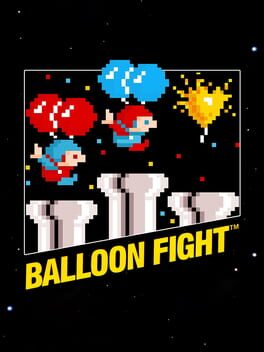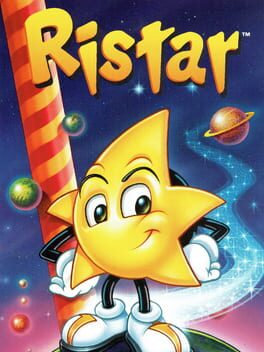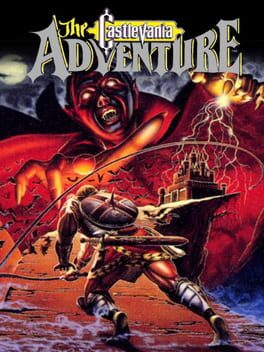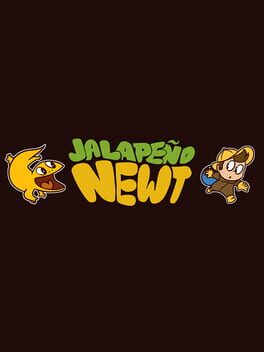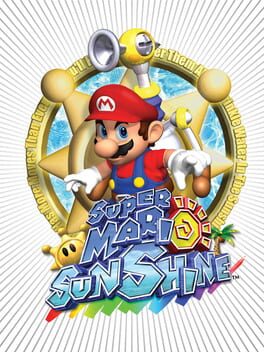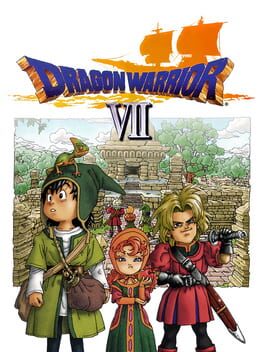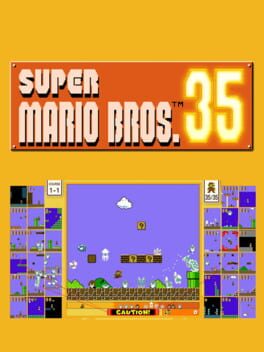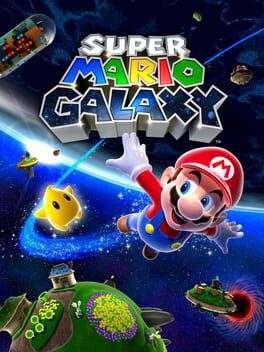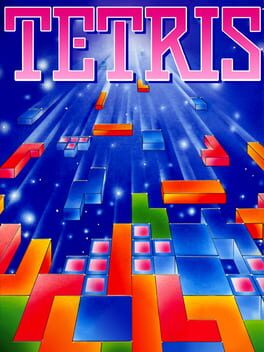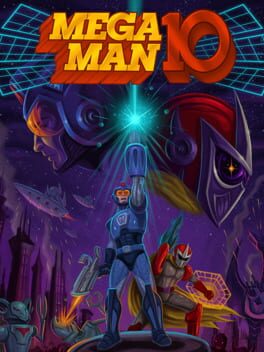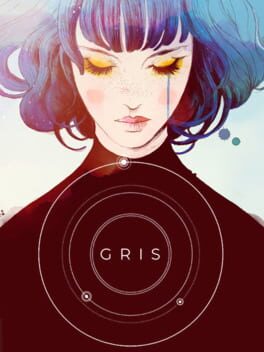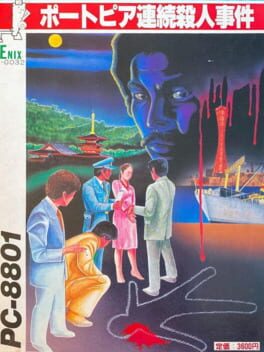1997
1994
1985
1995
It's great. My full review here: https://lablogdeloto.wordpress.com/2020/12/02/ristar-the-walk-of-the-star/
I wanted to sleep, but I noticed this game still has no review with a positive score. Overall has a two-star rating sooooooo it's not entirely hateable. In fact I found it mostly entertaining and, despite not having played a lot of the Game Boy library yet, I'd say this one, Kid Dracula, and even with its flaws, Belmont's Revenge (CV Legends DOES NOT exist), all Castlevania Games, could be the highlights of the system.
This Belmont may be the slowest in the family, yeah, but thanks to that you don't even have to worry to go backwards. It's a slow but safe journey. With precise platforming here and there, so watch your feet, literally.
Best Castlevania artwork cover of the series too.
This Belmont may be the slowest in the family, yeah, but thanks to that you don't even have to worry to go backwards. It's a slow but safe journey. With precise platforming here and there, so watch your feet, literally.
Best Castlevania artwork cover of the series too.
2020
2002
I had heard that this game could present a lot of jankiness. It's true, this game's particular feel and physics are more prominent than 64's, but I think it's the same aim this previous game has: making difficult for the player to have an absolute control over the avatar, Mario. The main goal is to create accidents as interesting as victories, and as far as I've seen, it really works. For me at least.
I just found fascinating how one shine could lend to soo many different outcomes.
I just found fascinating how one shine could lend to soo many different outcomes.
2000
2020
2007
No me ha gustado porque no siento que nada, absolutamente nada, cause un impacto en los mundos de Galaxy. En 64 es el propio Mario el que lo causa, en Sunshine los piantas y otros habitantes (es el Mario con mayor cantidad de texto y con amplia diferencia; está ahí por una razón), ¿pero en Galaxy? Me parece un paso atrás, y el hecho de que no se haya vuelto a explorar la idea de la gravedad para mí demuestra que o no era la opción más adecuada o no se aprovechó su potencial. Aísla tanto a Mario hasta el punto que nadie más aparte de él en este juego trata de sacar provecho a estos gimmicks gravitatorios, y de ahí lo de potencial desaprovechado. En consecuencia, los mundos están hechos para él en exceso. Conquistar el espacio nunca ha sido tan aburrido.
Una de las claves del SMB original era precisamente que cada uno de los enemigos imitaba una porción del moveset de Mario, y no hay rastro de eso en absoluto en Galaxy. Para mí Odyssey trata más de llegar al "corazón" de Mario, por ejemplo, porque recuerda a esta idea de imitación.
Y por último, en palabras de un amigo al que tampoco le gusta, "Galaxy lo sentía como un mapa para que yo saltase, en cambio en los otros [Marios] se sienten más mundos que puedo explorar saltando".
Una de las claves del SMB original era precisamente que cada uno de los enemigos imitaba una porción del moveset de Mario, y no hay rastro de eso en absoluto en Galaxy. Para mí Odyssey trata más de llegar al "corazón" de Mario, por ejemplo, porque recuerda a esta idea de imitación.
Y por último, en palabras de un amigo al que tampoco le gusta, "Galaxy lo sentía como un mapa para que yo saltase, en cambio en los otros [Marios] se sienten más mundos que puedo explorar saltando".
1989
2010
2018
If I were to take a shot for each wall and obstacle that interrupts your step... It's just so much.
And about the art, well, is that, art. Conrad Roset has put his art gallery in the coldest way possible: through hallways and corridors. That's a reason for all those walls.
Only at the end of the game I felt something... kinda. Like some shy interactivity. And then it ends.
And about the art, well, is that, art. Conrad Roset has put his art gallery in the coldest way possible: through hallways and corridors. That's a reason for all those walls.
Only at the end of the game I felt something... kinda. Like some shy interactivity. And then it ends.
This is the second game after Night in the Woods that has made me do something I don't wanna do. In that game was to touch somebody's ripped off arm with a stick in the middle of the street. The thing is that if you insisted, you would discover a mysterious symbol in the arm. In Portopia's case, it's simple police brutality. But even with that, I consider it even more interesting, because it defies the notion of fiction VS reality. Unfortunately, I can't say the same about the sexist bits. They just feel idiotic and, worst of all, unnecessary.
The way the wide range of options is displayed to you to make use of them makes me think that the game is not about a story of profound relationships, but an option showcase to generate text through interactions constantly, while you're trying things over and over.
Because of this, it can be tricky to go forward here and there, but it's worth the experiment. The thing I liked the most about this experiment is the scenery investigation part, where nothing looks suspicious at first glance, but when you use the magnifying glass, it kinda feels like you're using one, because that's when you might discover where does some things hide.
The way the wide range of options is displayed to you to make use of them makes me think that the game is not about a story of profound relationships, but an option showcase to generate text through interactions constantly, while you're trying things over and over.
Because of this, it can be tricky to go forward here and there, but it's worth the experiment. The thing I liked the most about this experiment is the scenery investigation part, where nothing looks suspicious at first glance, but when you use the magnifying glass, it kinda feels like you're using one, because that's when you might discover where does some things hide.
